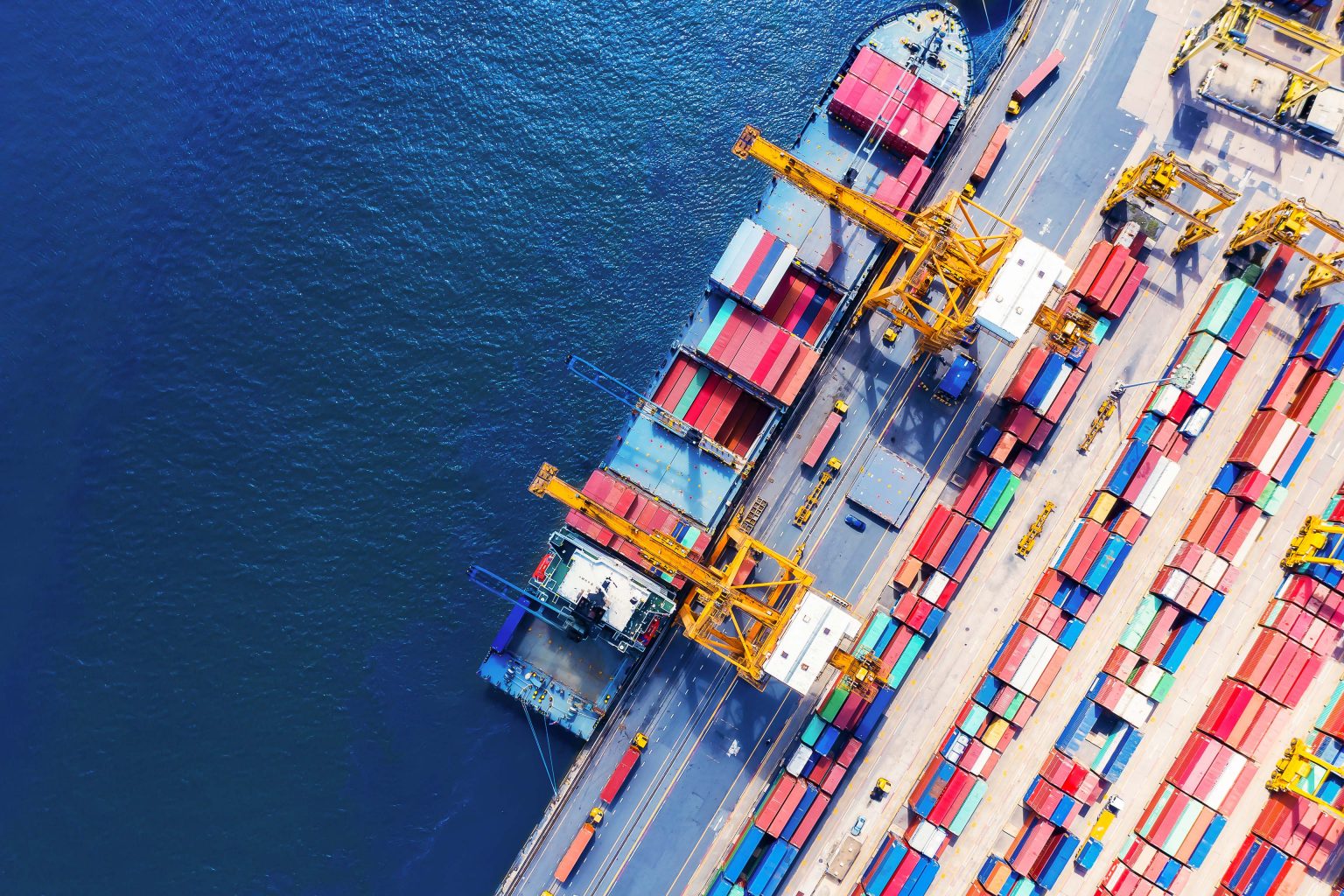Amid the turmoil of the past year, India’s logistics sector is exhibiting signs of growth as it looks stable in financial year 2021-22 as a recovering economy builds demand, predicts India Ratings and Research (Ind-Ra) on Monday, citing the commissioning of a dedicated freight corridor.
Adani Ports and Special Economic Zone figured among ports that reported resilient volumes in FY21.
Ind-Ra estimates an 8 per cent year-on-year improvement in volumes for Indian ports in FY22, compared to an estimated 4 per cent year-on-year plunge in FY21. The 8 per cent year-on-year rise will be driven by private ports, which in five years have exhibited a median multiplier (vs real GDP growth rate) of 1.4x, thus outperforming growth from major ports.
India’s ports volumes closely follow the country’s GDP growth, with container growth coming in 2x of overall cargo volumes.
Domestic air travel, which has continued to recover in 2HFY21, is expected to bolster its strength in FY22, though the risk to this view arises from a second wave of Covid-19.
Both corporate and domestic travel demand are already exhibiting signs of revival, which has helped support load factors and yields, while cargo volumes are expected to rise amid stronger macro-economic fundamentals and e-commerce push.
Ind-Ra forecasts domestic passenger numbers to rise 10 per cent in FY22 (over FY20) implying a GDP multiplier of 0.9x, lower than the 2.4x (median estimate) for the FY15-FY20 period.
Ind-Ra believes air travel demand will be supported by a moderate recovery in corporate travel and a pent-up travel demand.
Lastly, as mass-scale vaccination progresses, VFR (visiting friends and relatives) demand too should start normalising to pre-Covid levels.
Ind-Ra believes fuel price trend, trajectory of yield recovery, airlines’ ability to deal with cost inflation, and competition remain the key rating issues worth monitoring in FY22.
For inland container depot/container freight station operators, Ind-Ra forecasts a healthy pickup in volumes though competition remains intense and realisations remain soft.
The reduced dwell time after the commissioning of Dedicated Freight Corridor and increased double stacking volume will support higher operating efficiencies, which is likely to support EBITDA margins in FY22-FY23. For warehouses, Goods and Services Tax led consolidation and rationalisation of occupancy rates could continue in FY22.
SOURCE: logisticsinsider.in






